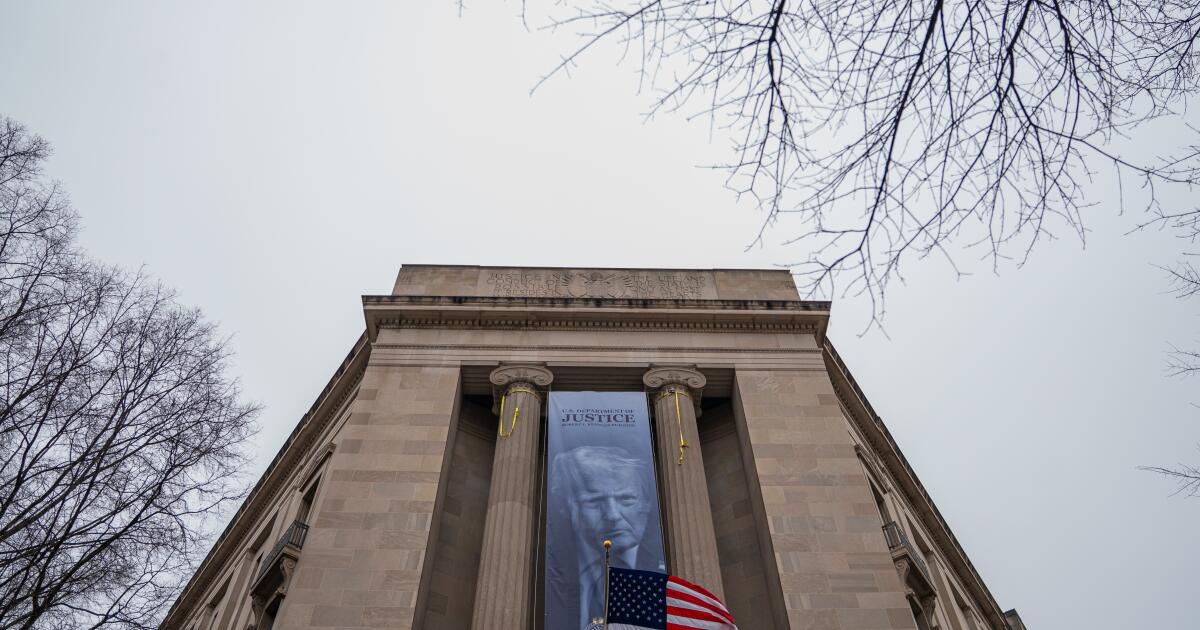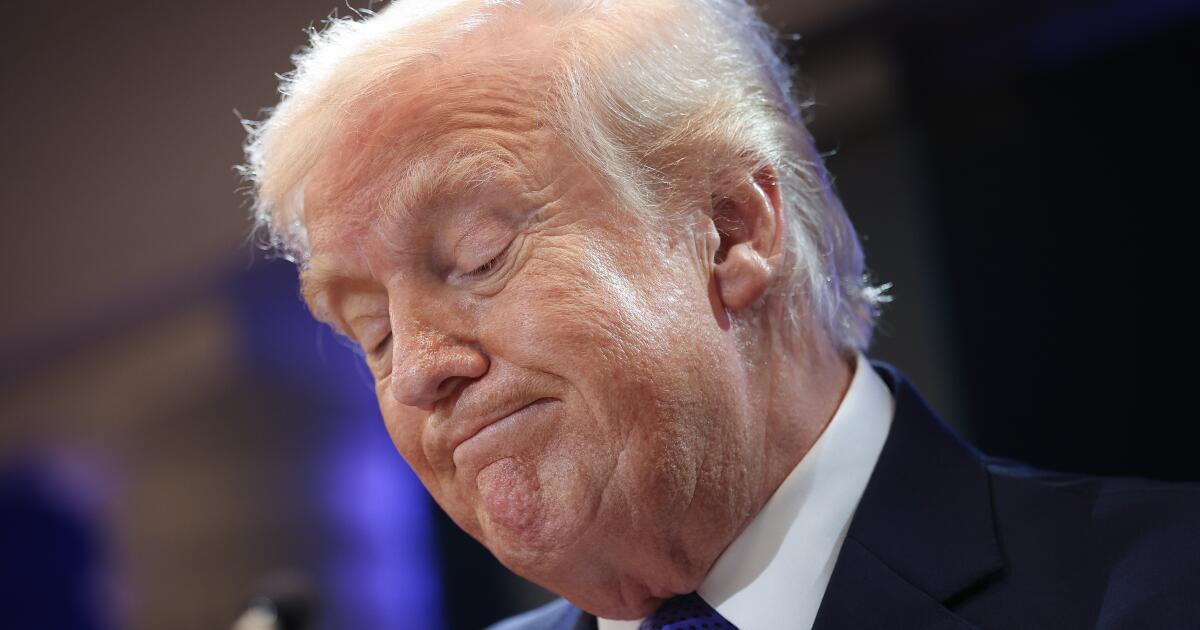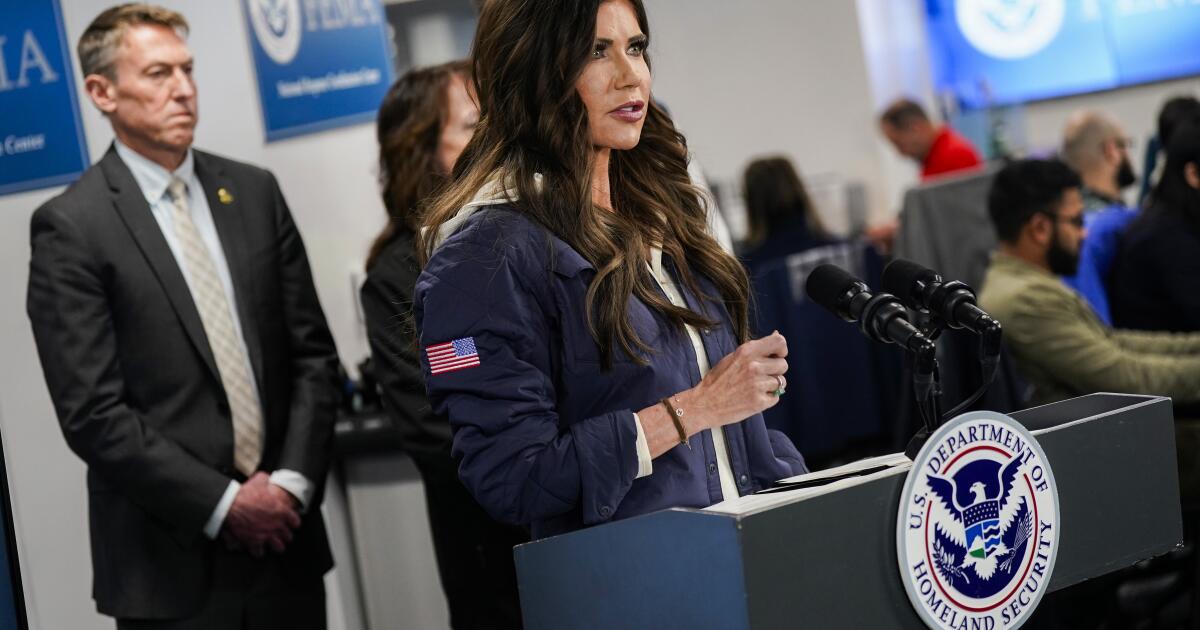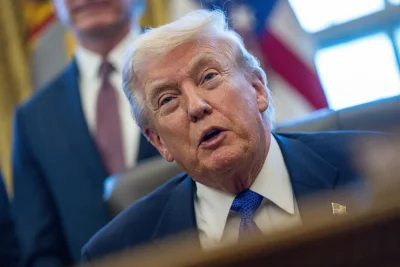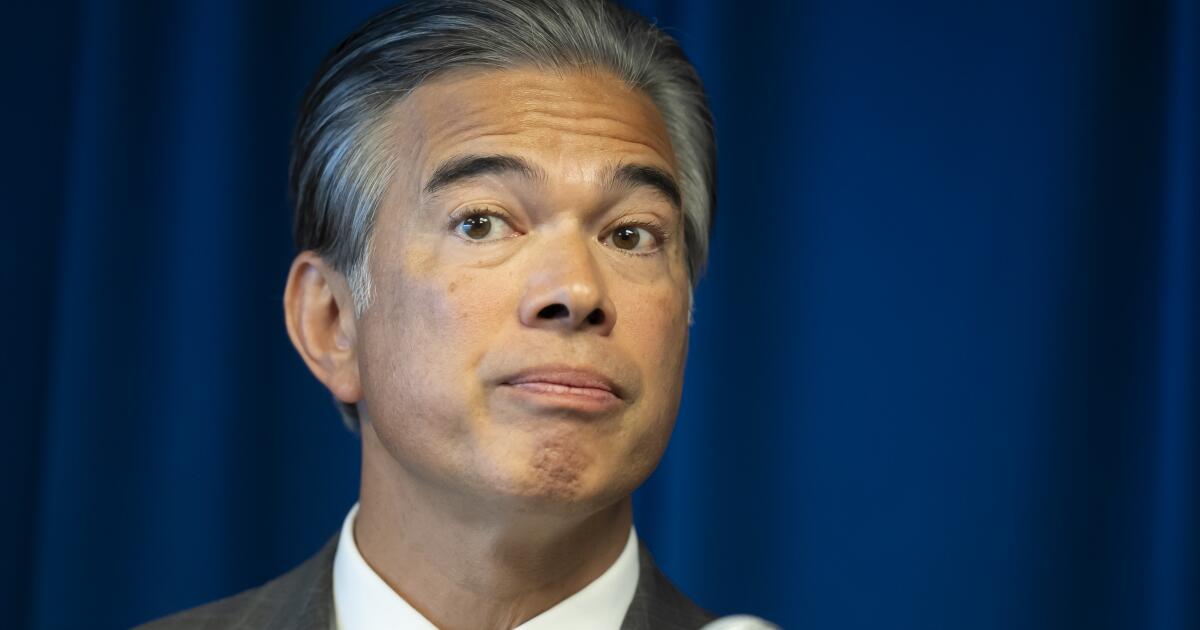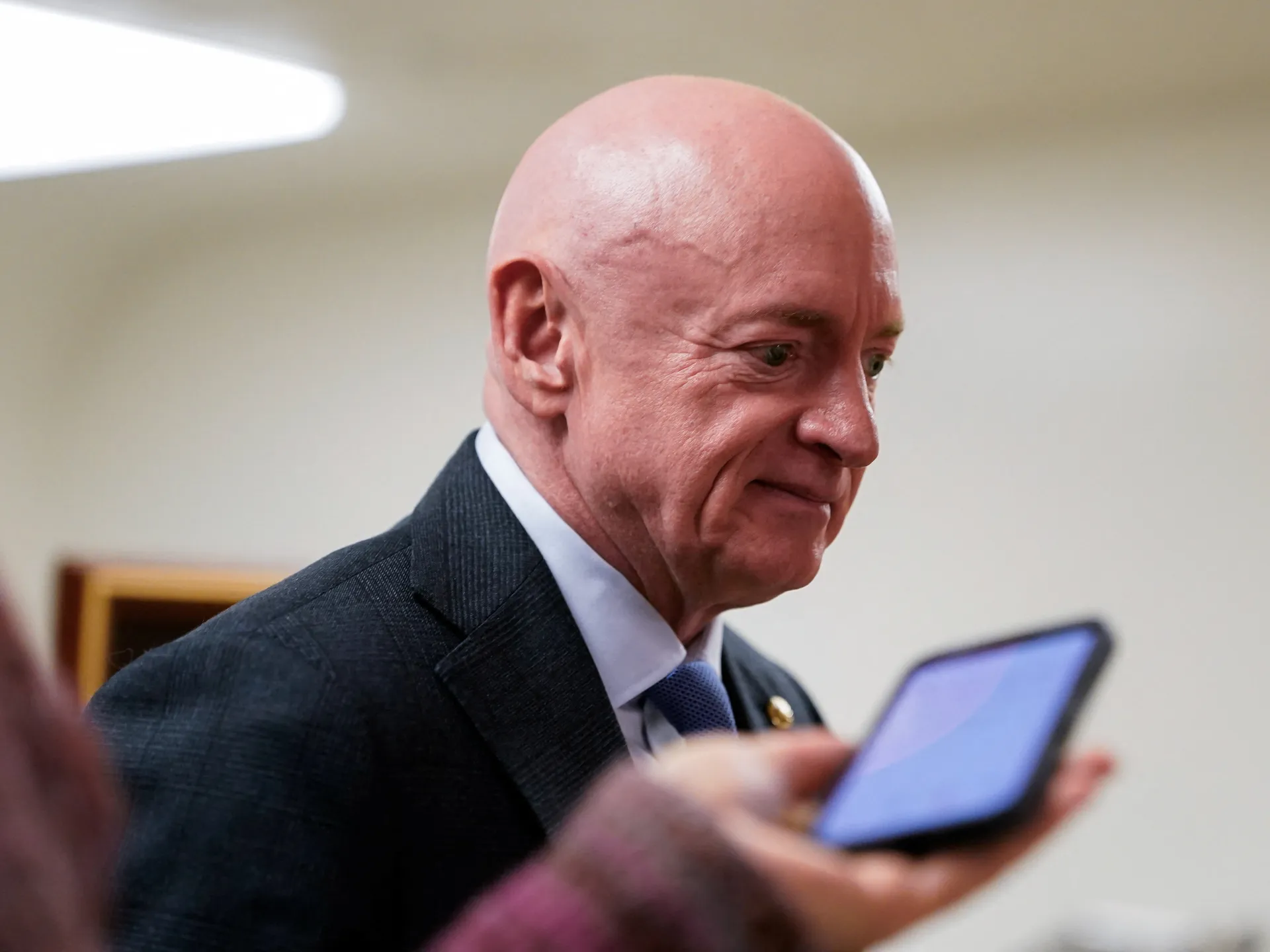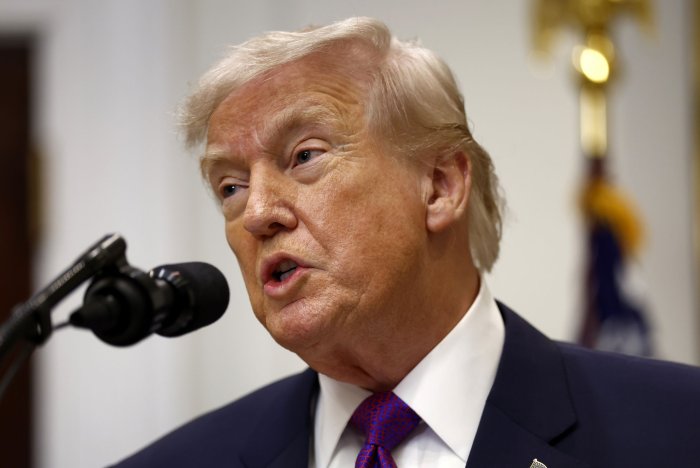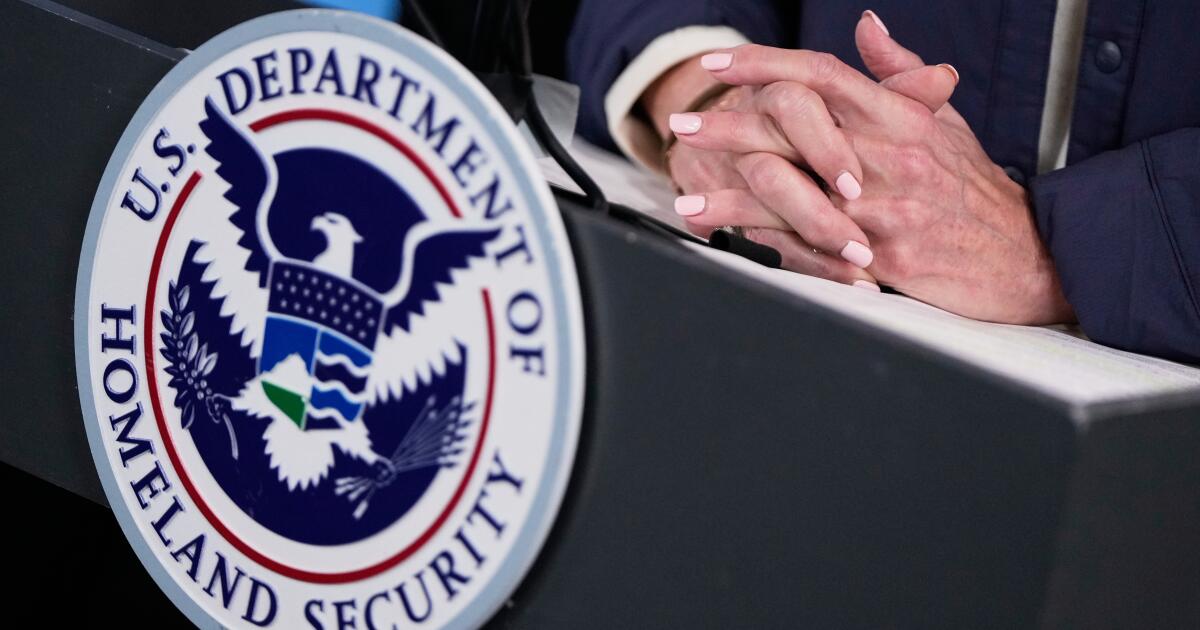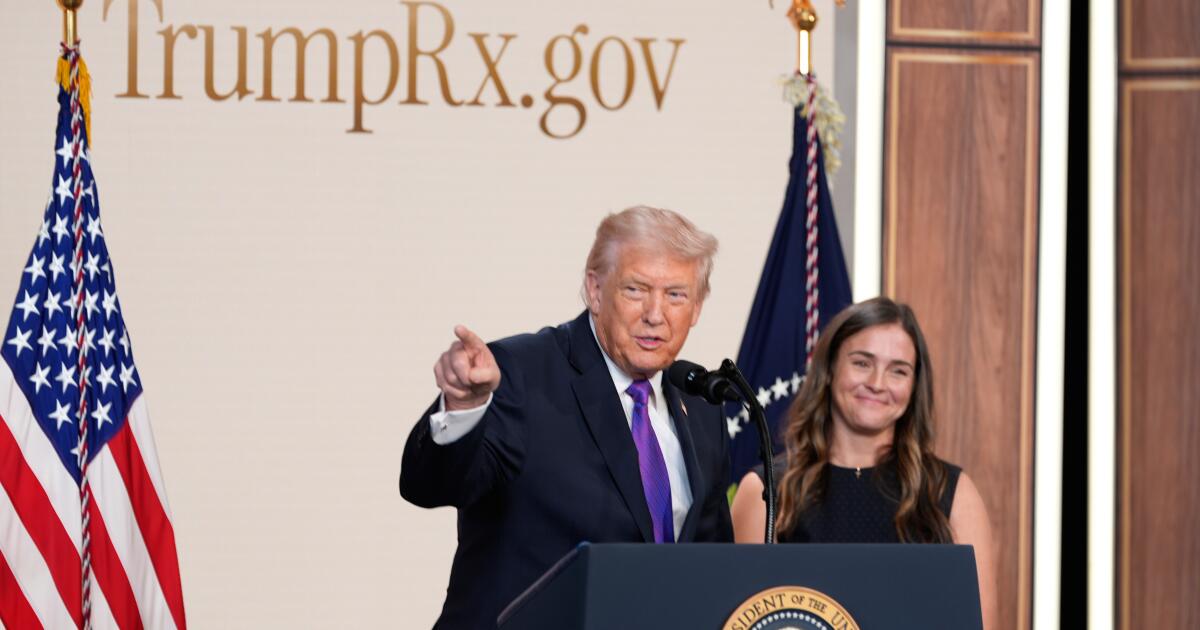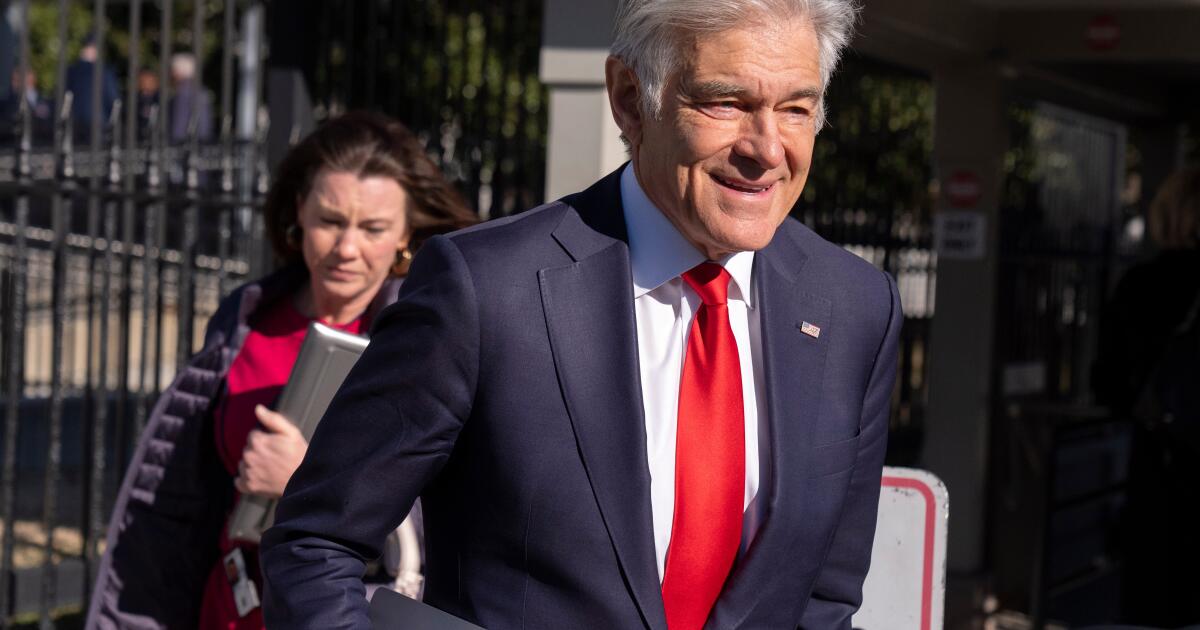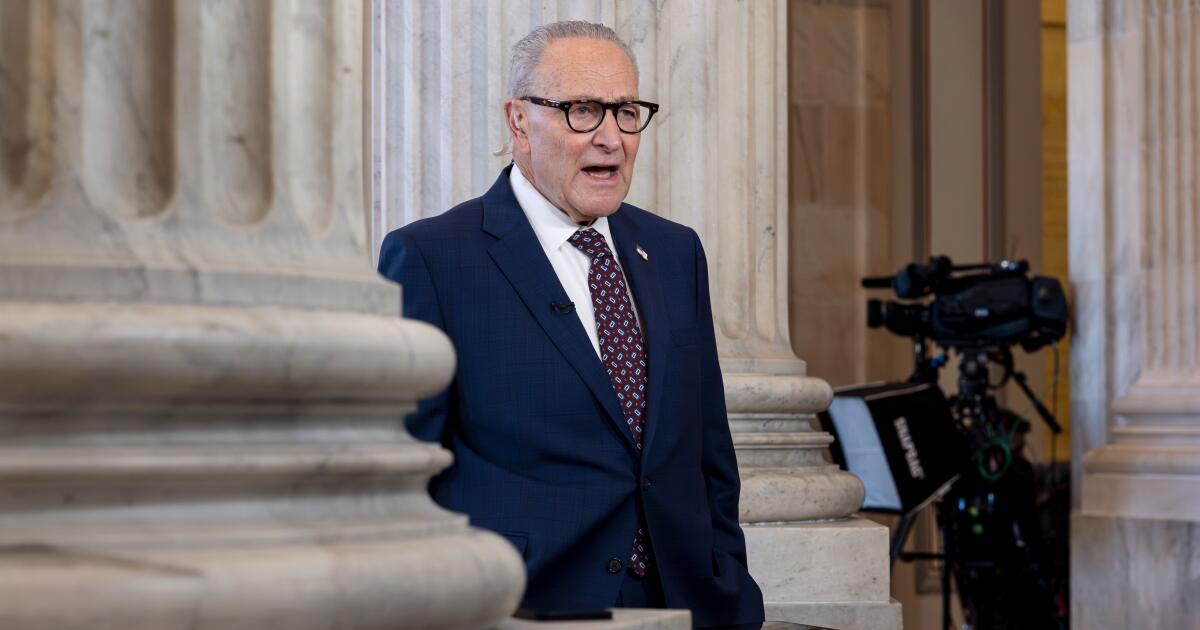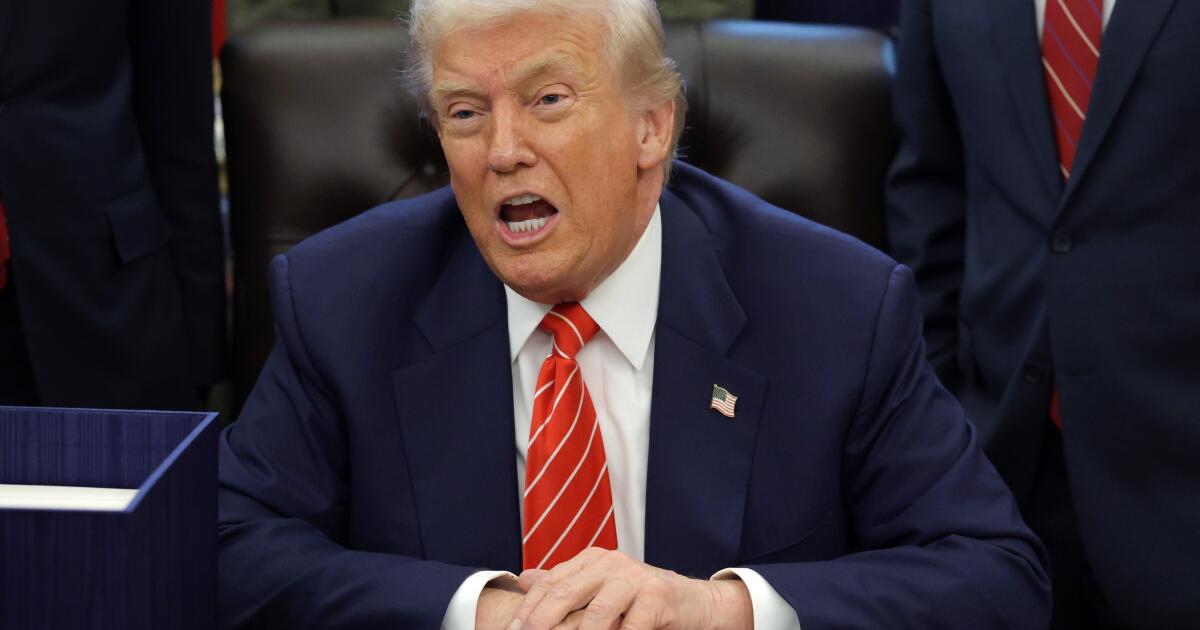TSA says PreCheck still operational
NEW YORK — The Transportation Security Administration said Sunday that its PreCheck program would remain operational despite an earlier announcement from the Department of Homeland Security that the airport security service was being suspended because of the partial government shutdown.
“As staffing constraints arise, TSA will evaluate on a case by case basis and adjust operations accordingly,” the agency said in a statement.
Airport lines seemed largely unaffected through midday Sunday, with security check line wait times listed as under 15 minutes for most international airports, according to TSA’s mobile app.
Amy Wainscott, 42, flew from the Destin-Fort Walton Beach airport in Florida to Dallas Love Field on Sunday and said she didn’t hear about the announced suspension until she had already gone through TSA’s PreCheck.
“When we got to the airport this morning everything was working like usual,” she said. “It didn’t seem like anything had changed.”
Jean Fay, 54, said she had no issues going through TSA PreCheck at the Baltimore airport for her 6 a.m. Sunday flight back home to Texas. She didn’t hear about the suspension announcment until she was changing planes in Austin on her way to Dallas Love Field.
“When I landed in Austin I started getting the alerts,” she said.
It was not immediately clear whether Global Entry, another airport service, would be affected. PreCheck and Global Entry are designed to help speed registered travelers through security lines, and suspensions would probably cause headaches and delays.
Since starting in 2013, more than 20 million Americans have signed up for TSA PreCheck, according to the Department of Homeland Security, and millions of those Americans also have overlapping Global Entry memberships. Global Entry is a U.S. Customs and Border Protection program that allows preapproved, low-risk travelers to use expedited kiosks when entering the United States from abroad.
The turmoil is tied to a partial government shutdown that began Feb. 14 after Democrats and the White House were unable to reach a deal on legislation to fund the Department of Homeland Security. Democrats have been demanding changes to aggressive federal immigration operations, central to President Trump’s deportation campaign, which have been widely criticized since the shooting deaths of two people in Minneapolis last month.
The security disruptions come as a major winter storm hit the East Coast from Sunday into Monday. Nine out of 10 flights going out of John F. Kennedy International Airport, LaGuardia Airport and Boston Logan Airport on Monday have been canceled.
Homeland Security previously said it was taking “emergency measures to preserve limited funds.” Among the steps listed were “ending Transportation Security Administration (TSA) PreCheck lanes and Customs and Border Protection (CBP) Global Entry service, to refocus Department personnel on the majority of travelers.”
“We are glad that DHS has decided to keep PreCheck operational and avoid a crisis of its own making,” said Geoff Freeman, president and CEO of the U.S. Travel Assn.
Before announcing the PreCheck shutdown, Homeland Security Secretary Kristi Noem said in a statement Saturday night that “shutdowns have serious real world consequences.”
One group of fliers will definitely be affected, according to TSA.
“Courtesy escorts, such as those for Members of Congress, have been suspended to allow officers to focus on the mission of securing America’s skies,” the agency said.
Airlines for America, a trade group representing major carriers, said Saturday night that “it’s past time for Congress to get to the table and get a deal done.” It also criticized the announcement, saying it was “issued with extremely short notice to travelers, giving them little time to plan accordingly.”
“A4A is deeply concerned that TSA PreCheck and Global Entry programs are being suspended and that the traveling public will be, once again, used as a political football amid another government shutdown,” the organization said.
Democrats on the House Committee on Homeland Security criticized the Department of Homeland Security’s handling of airport security after the initial announcement Saturday night. They accused the administration of “kneecapping the programs that make travel smoother and secure.”
Sen. Andy Kim, a New Jersey Democrat, said Noem’s actions are part of an administration strategy to distract from other issues and shift responsibility.
“This administration is trying to weaponize our government, trying to make things intentionally more difficult for the American people as a political leverage,” he said Sunday on CNN. “And the American people see that.”
Swenson writes for the Associated Press.


